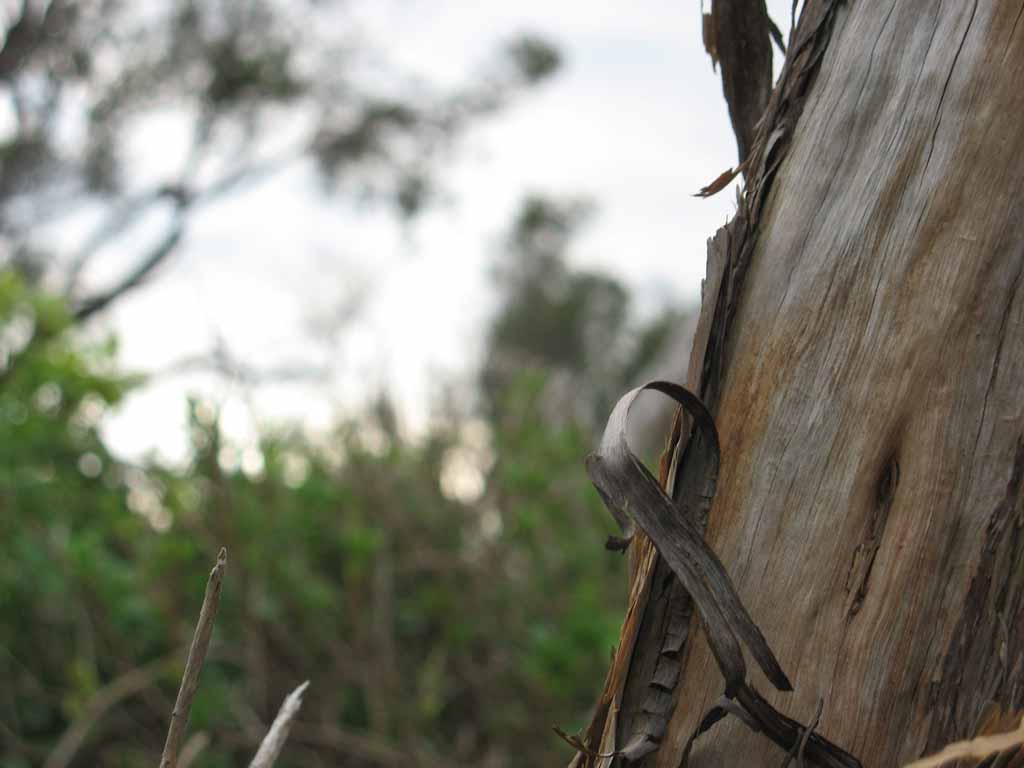The Softened Heart
Then he told them many things in parables, saying: “A farmer went out to sow his seed. As he was scattering the seed, some fell along the path, and the birds came and ate it up. Some fell on rocky places, where it did not have much soil. It sprang up quickly, because the soil was shallow. But when the sun came up, the plants were scorched, and they withered because they had no root. Other seed fell among thorns, which grew up and choked the plants. Still other seed fell on good soil, where it produced a crop—a hundred, sixty or thirty times what was sown.
Proverbs 4:23 says to keep your heart with all diligence, for out of it are the issuings of life. Jesus, when confronting Peter after His resurrection, after that Peter had denied Him, asked Him three times, “Do you love me?” (John 21:15-17). Three times, He asked Peter if he loved Him the way He himself loved Peter, unconditional, undemanding love.
Peter was grieved, and said, Yes, that He had affection for Him, His Lord.
Peter knew the Lord, and yet, denied Him in a moment of crisis, pressure, and trial. He found his breaking point, and “lost his mind” for a moment, to use the phrase liberally. His heart reached the point where it could not take any more, and simply shut down.
Peter knew the Lord. He was the one to whom the Father had revealed Himself that Jesus was the Messiah when Jesus asked who they thought He was. Jesus exhorted Him, and encouraged Him, saying that it was “upon this rock” that He would build His church (Matthew 16:18).
But, Jesus knew what was in the hearts of all men. He knew Peter’s frame. But, Peter did not. “Even if I have to die with You, I will not deny You.”, he promised His master (Matthew 26:35).
We start out with the best of intentions, usually, wanting to serve the Lord, but as time, and pressure wear on us, we often find that we are not always completely pure as we assumed we were at the beginning. We can find ourselves running ahead, falling behind, turning when we shouldn’t or not when we should. If Jesus only did what He saw the Father doing (John 5:19), what must we do to come into the same place?
The simple answer is nothing. There is nothing we can do, in ourselves that is righteous. There is no good thing within our flesh! (Romans 7:18).
Regardless, this is the lesson we must learn over and over, as the Lord reveals us to ourselves. Often, layer by layer, our motives are ruled out. Over and over, we are proved to by ourselves that we have nothing to offer. All we can do is yield our lives, willingly, humbly, and in sacrifice.
The key to being used of the Lord is found here.
1 Timothy 2:20-21
Now in a large house there are not only gold and silver vessels, but also vessels of wood and of earthenware, and some to honor and some to dishonor. Therefore, if anyone cleanses himself from these things, he will be a vessel for honor, sanctified, useful to the Master, prepared for every good work.
The point is, if you’re a cup, and you want the master to drink out of you, you should be clean and set in the cupboard. You don’t take dirty cups to drink out of, you take clean ones! So, if the master is thirsty, and there’s a clean cup and a dirty cup, He MIGHT choose to take the dirty one and wash it first, but, chances are, if He wants a drink, He’ll take one that’s already prepared, for that is the purpose of preparation. If you’re on the shelf, stay there–it a step closer than being in the sink!
The place of usefulness is yieldedness. What is useful to the Lord is a vessel wholly sanctified unto Him. For the eyes of the Lord search throughout the whole earth, seeking a heart devoted to Him (2 Chronicles 16:9).
There is nothing you can do to improve upon God. His plan is always the best, yours is always doomed to failure, irregardless of what it looks like in the short-term (aka, this life).
He does not delight in the strength of the horse; He does not take pleasure in the legs of a man. He favors those who fear Him, and who wait for his lovingkindness (Psalm 147:10-11).
The growth of the Christian life marked by two things joined together. On the one hand, the increasing awareness of our inability, failure, and innate sinfulness, coupled with an equally growing awareness of His sufficiency in His sacrifice in our lives. In the place of this, and increased faith and awareness, is the place of all true spirituality. Anything else is a fading shadow, a dream, and empty hope.
True Spirituality is Jesus Christ alone, and all the treasures of wisdom and knowledge are hidden in Him [alone] (Colossians 2:3).
It is not in our own effort, our own ego, our own estimation of ourselves. Quite probably, just like Peter, when it comes down to it, we will be less in our own eyes than when we started.
But, in the light of the Gospel, the glory of Christ will rise and rise in our hearts. We will see Him, the perfect man, the firstborn of all creation. With unveiled faces, we will see His glory, and be changed, from glory to glory.
His is the perfect man, and we have no righteousness apart from Him. He is the vine, and we are the branches. We bear no fruit apart from Him. If we do not see Him as perfectly as we ought, let us continue on to the full measure of the measure of the stature of Christ (Ephesians 4:13).
It is with an open heart, a gentle mind, being a willing vessel unto His honor, that we are changed from faith to faith, and glory to glory. It is with honesty, sincerity, and integrity, that we embrace the sincere word of the faith of the Gospel, and, bringing the Father glory, that as Christ was, so are we in this world.
His Word is perfect, and His promise is true. To the very end.





















